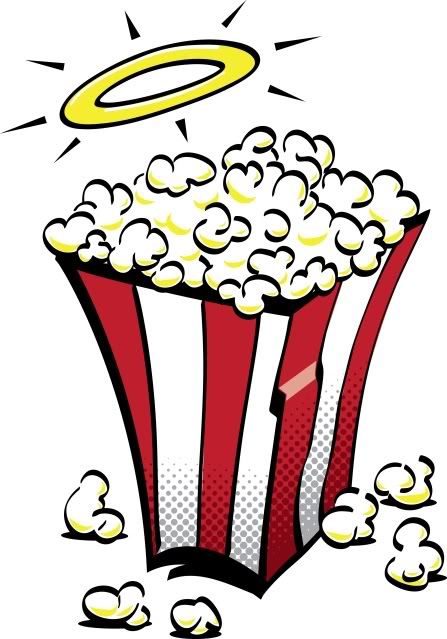
July 29, 2008
Movie Watching Tip: What is the Hero's Real Goal
 The core of every film is the hero's attempt to obtain some goal. In Back to the Future, Marty McFly needs to get his parents to fall in love (and find some plutonium), as an example. This goal will have an immediate physical or psychological reward if attained, Marty gets to exist, in this case. Achieving the goal has a secondary purpose of teaching the hero a moral lesson. He can only get his goal if he changes some aspect of his personality or behavior. Marty learns to be on time. At the beginning of the film he's scolded for being tardy by Principal Strickland who tells him "No McFly ever amounted to anything in the history of Hill Valley!" The point here going forward is Marty literally making history for all of Hill Valley.
The core of every film is the hero's attempt to obtain some goal. In Back to the Future, Marty McFly needs to get his parents to fall in love (and find some plutonium), as an example. This goal will have an immediate physical or psychological reward if attained, Marty gets to exist, in this case. Achieving the goal has a secondary purpose of teaching the hero a moral lesson. He can only get his goal if he changes some aspect of his personality or behavior. Marty learns to be on time. At the beginning of the film he's scolded for being tardy by Principal Strickland who tells him "No McFly ever amounted to anything in the history of Hill Valley!" The point here going forward is Marty literally making history for all of Hill Valley. Because Marty learns to be on time, the moral of the story, Marty and his family prosper and the bad guy, Biff is ruined. In addition, because of their use of time, Doc is resurrected at the end of the film because of a note Marty passes to him in the past warning him of the terrorists.
You can discover the virtues being expressed by a film by how the hero obtains their primary goal. What lesson does he learn to help him win?
Labels: miscellaneous, movie watching tip
Share
Previous Posts




Good News Film Reviews LLC 2004-2010 - used with permission
Images, video and titles are the property of their respective copyright holders. Good News Film Reviews LLC claims no ownership or connection to them.
The views expressed on this site are not the opinion of any advertiser or external entity.
While we take care to only link to responsible entities, Good News Film Reviews LLC takes no responsibility for the content linked from this site. There are sharks in the waters. Surf at your own risk.
The Template is generated via PsycHo and is Licensed.





















2 Comments:
...sorry, did you just say that Back to the Future was "really about" punctuality?
Wouldn't you say rather that tardiness is a perfect microcosmic example/symbol of the larger issue, which would surely have something to do (in this movie) with commitment to family relationships?
I probably need to rewrite this one, its obviously not saying what I want.
Post a Comment
<< Home